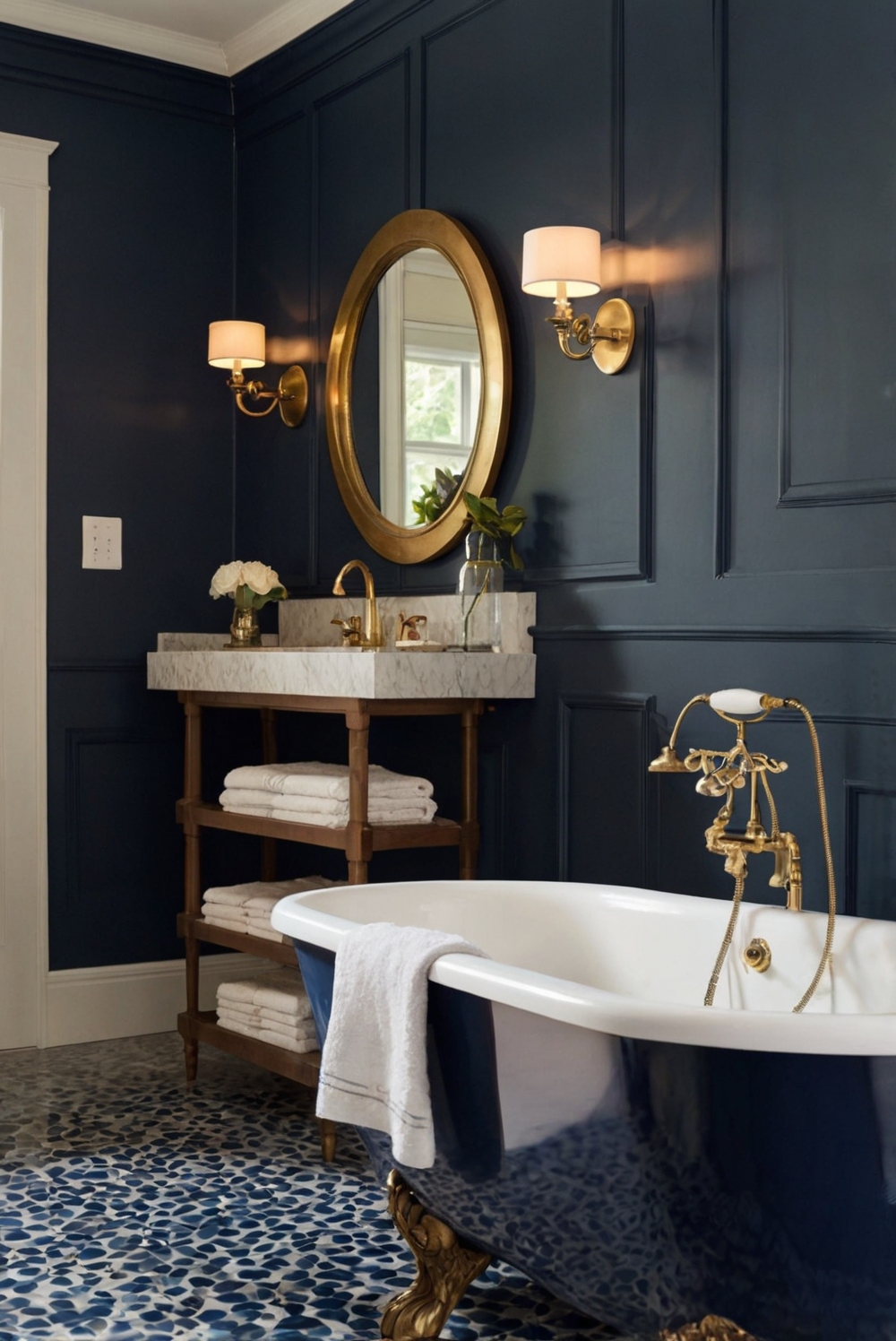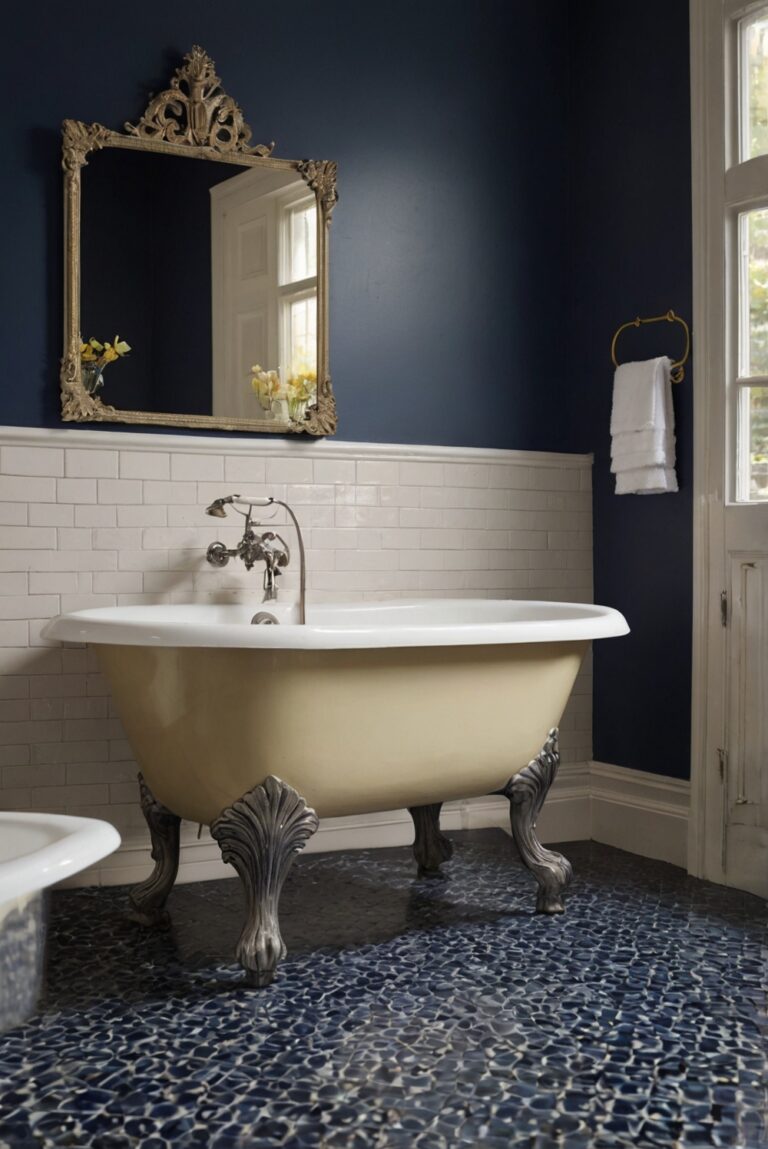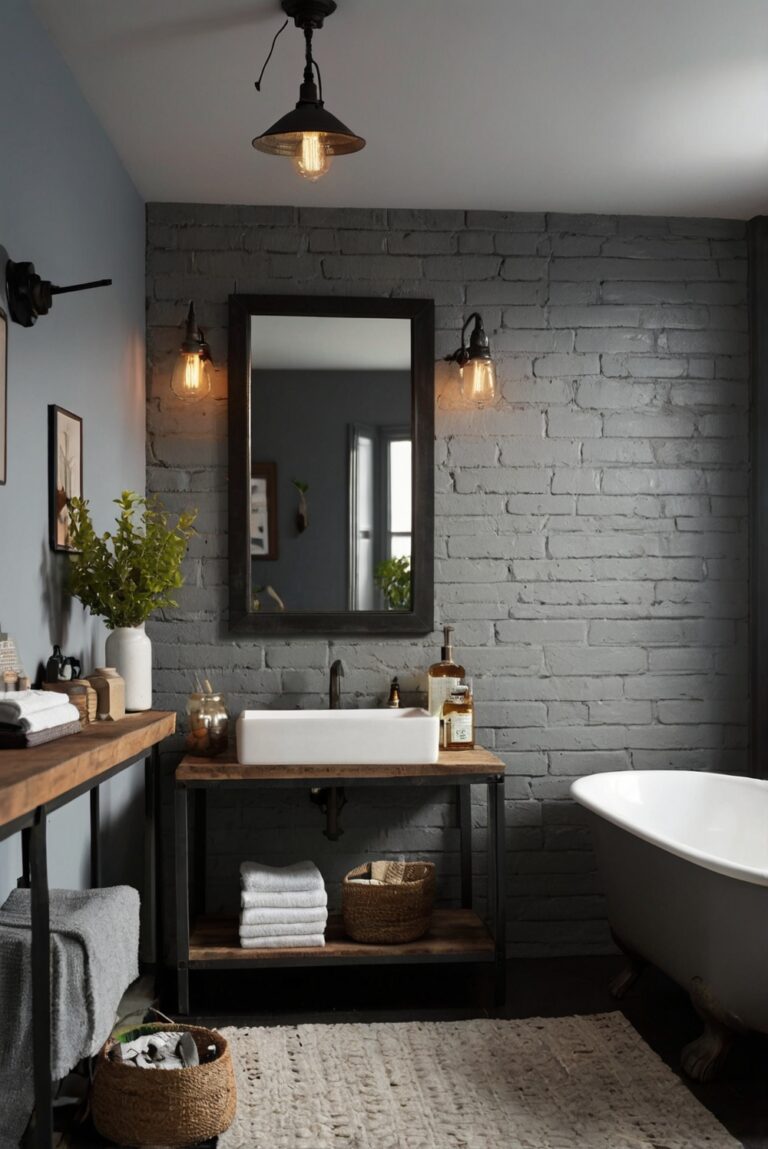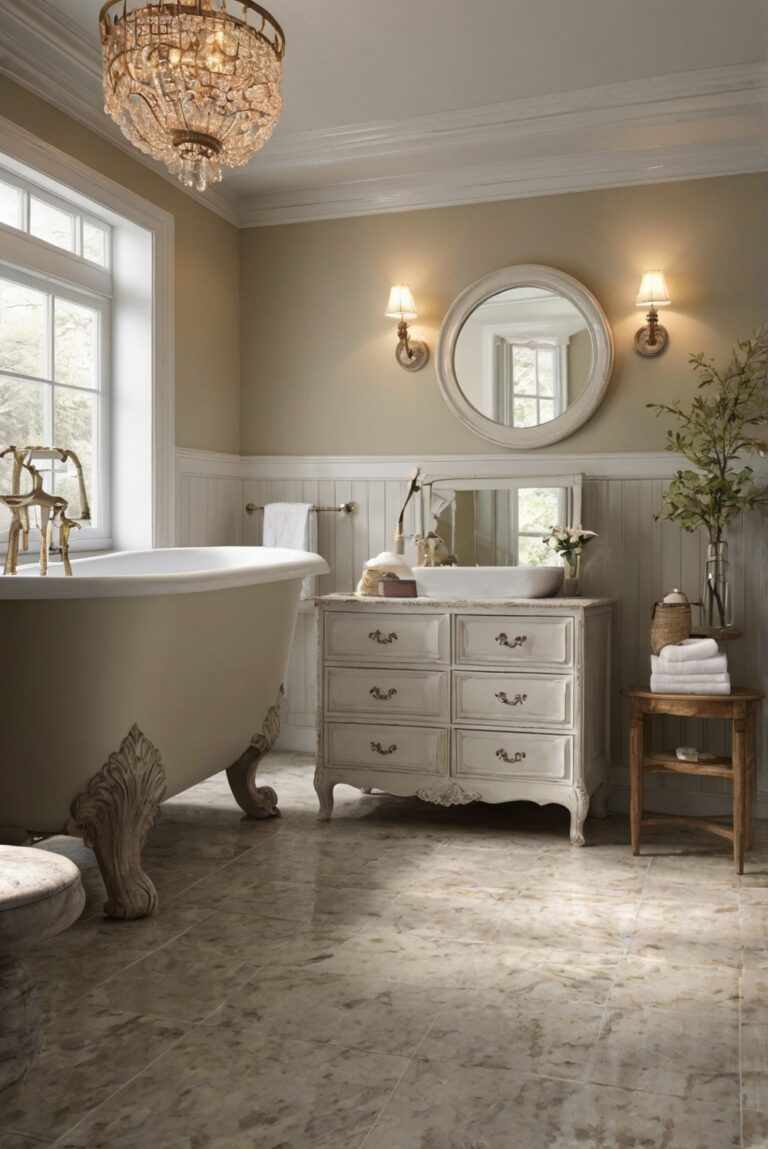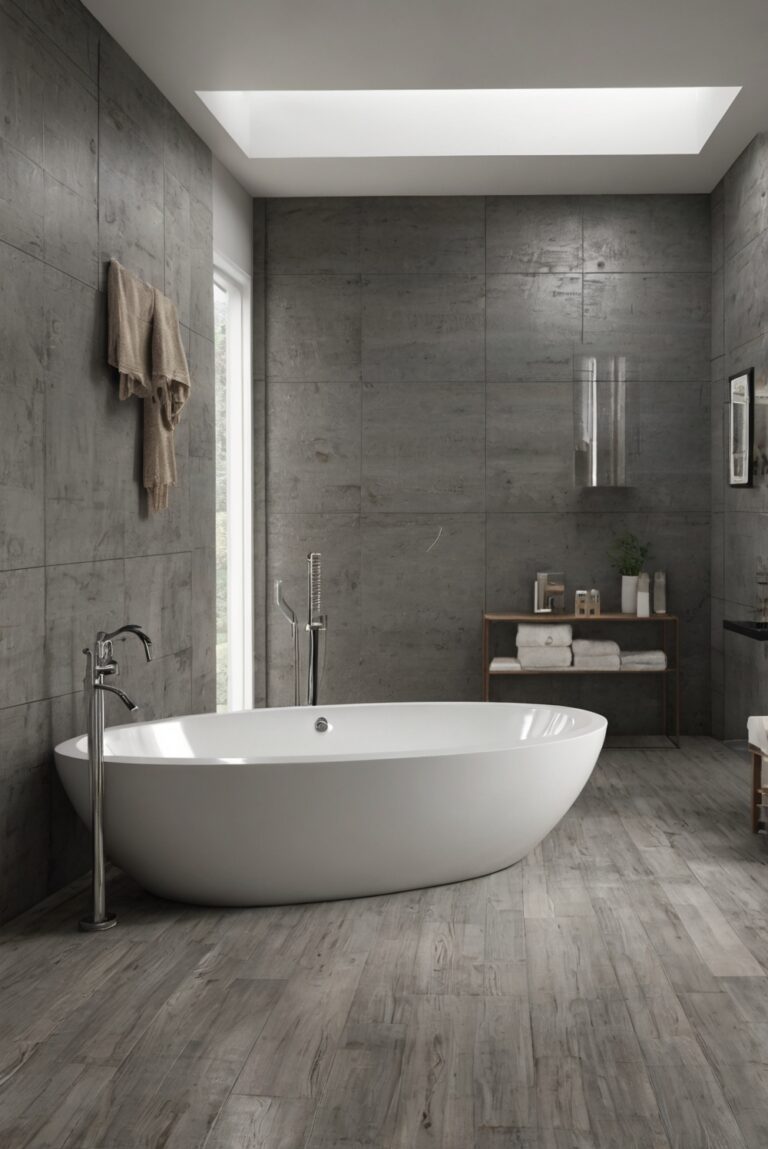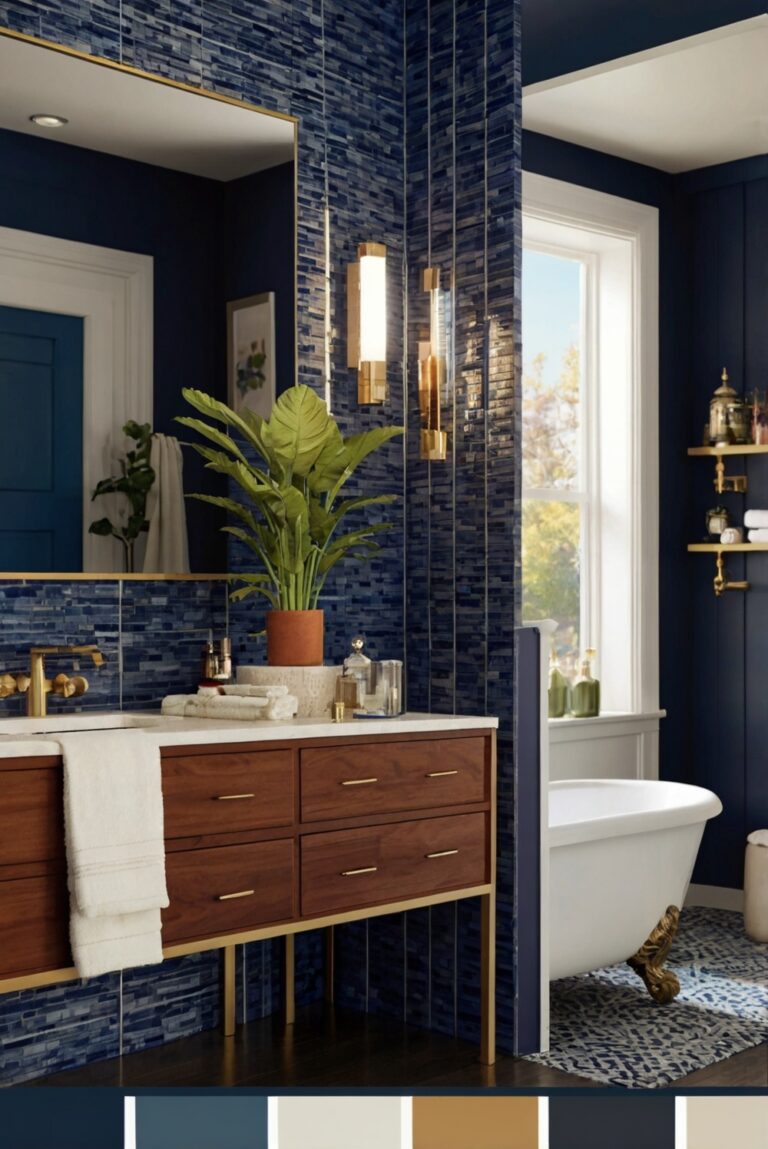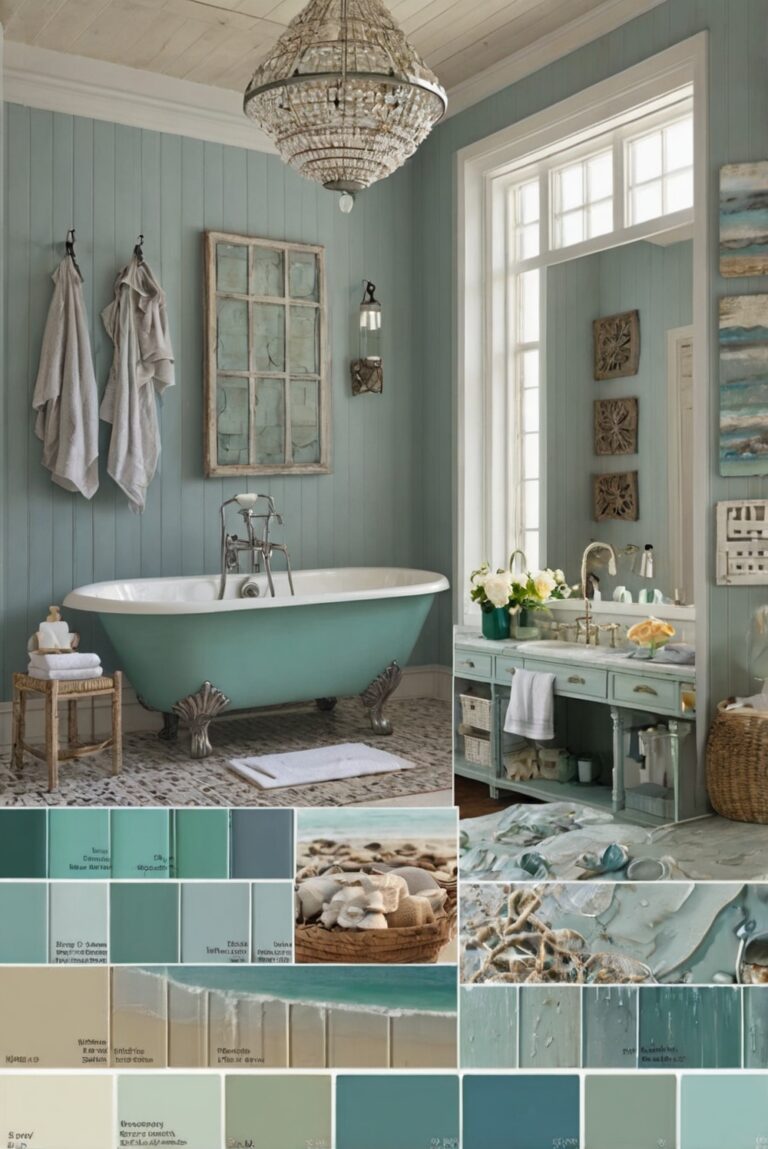Step up your bathroom design game with the best materials for shower walls. Elevate your routine with quality and style that lasts.
What Are the Best Materials for Shower Walls?
The best materials for shower walls are ceramic or porcelain tiles, natural stone, acrylic, and fiberglass. These materials are ideal for shower walls due to their durability, water-resistant properties, and aesthetic appeal. When choosing materials for shower walls, it is important to consider factors such as maintenance requirements, cost, and the overall style of the bathroom. Ceramic and porcelain tiles are popular choices as they are easy to clean and come in a variety of designs. Natural stone provides a luxurious look but requires more maintenance. Acrylic and fiberglass are budget-friendly options that are lightweight and easy to install.
What Are the Best Materials for Shower Walls?
Ceramic Tiles:
Ceramic tiles are one of the most popular choices for shower walls due to their durability, versatility, and wide range of design options. They are available in various sizes, colors, and patterns, allowing you to create a personalized look for your shower. Ceramic tiles are also waterproof, making them ideal for wet environments like showers. Additionally, they are easy to clean and maintain, making them a practical choice for busy households.
Porcelain Tiles:
Porcelain tiles are another excellent option for shower walls. They are similar to ceramic tiles but are denser and more water-resistant, making them a great choice for showers. Porcelain tiles come in a variety of styles, including faux wood and stone looks, giving you the freedom to create a luxurious shower space. They are also highly durable and resistant to stains, scratches, and fading, making them a long-lasting investment for your bathroom.
Natural Stone:
Natural stone, such as marble, granite, or travertine, adds a touch of elegance and luxury to shower walls. While more expensive than ceramic or porcelain tiles, natural stone offers a timeless and sophisticated look that can elevate the overall aesthetic of your bathroom. Each piece of natural stone is unique, creating a one-of-a-kind shower design. However, it is essential to seal natural stone regularly to protect it from water damage and stains.
Fiberglass:
Fiberglass is a budget-friendly option for shower walls, ideal for those looking for a cost-effective and easy-to-install solution. Fiberglass panels are lightweight, making them easy to handle during installation. They are also resistant to mold and mildew, making them a low-maintenance choice for showers. However, fiberglass may not offer the same level of durability and longevity as other materials like ceramic or natural stone.
Acrlic:
Acrylic panels are another affordable option for shower walls, providing a sleek and modern look to your bathroom. They are available in a variety of colors and finishes, allowing you to customize the appearance of your shower. Acrylic walls are easy to clean and maintain, making them a practical choice for busy households. However, they may not offer the same level of durability as ceramic or natural stone materials.
In conclusion, when choosing the best materials for shower walls, consider factors such as durability, water resistance, maintenance requirements, budget, and design preferences. Ceramic and porcelain tiles are excellent choices for their versatility and durability, while natural stone adds a touch of luxury to your shower. Fiberglass and acrylic panels are budget-friendly options that provide a modern look to your bathroom. Ultimately, the best material for your shower walls will depend on your specific needs and preferences.
1. What are the best materials for shower walls?
The best materials for shower walls are typically those that are water-resistant, durable, easy to clean, and aesthetically pleasing. Some popular options include porcelain tile, ceramic tile, natural stone, and acrylic. Porcelain and ceramic tiles are great choices due to their durability and variety of designs. Natural stone, such as marble or granite, adds a luxurious touch but requires more maintenance. Acrylic panels are known for being low-maintenance and easy to install. Ultimately, the best material will depend on your budget, style preferences, and maintenance capabilities.
2. Why are water-resistant materials important for shower walls?
Water-resistant materials are crucial for shower walls because they help prevent water damage, mold, and mildew. When exposed to constant moisture, non-water-resistant materials can deteriorate, leading to costly repairs and health hazards. By choosing materials like porcelain tile, ceramic tile, natural stone, or acrylic, you create a protective barrier that keeps water from seeping into the walls. This not only preserves the integrity of the walls but also ensures a healthy and hygienic shower environment for you and your family.
3. How do I maintain shower walls made of different materials?
Maintaining shower walls made of different materials requires specific care routines. For porcelain and ceramic tiles, regularly cleaning with a mild detergent and scrubbing with a soft brush will keep them looking pristine. Natural stone walls need to be sealed periodically to prevent stains and damage from moisture. Acrylic panels can be easily cleaned with a non-abrasive cleaner and a soft cloth. It’s essential to avoid harsh chemicals and abrasive tools that can damage the surface of the materials. By following the manufacturer’s guidelines and implementing proper maintenance practices, you can extend the lifespan of your shower walls.
4. Are there any eco-friendly options for shower wall materials?
Yes, there are eco-friendly options available for shower wall materials. Recycled glass tiles, bamboo panels, and reclaimed wood are sustainable choices that minimize environmental impact. Recycled glass tiles are made from post-consumer glass, reducing the need for new resources. Bamboo panels are renewable and biodegradable, making them an eco-conscious option. Reclaimed wood adds a rustic charm while repurposing materials that would otherwise go to waste. Choosing eco-friendly shower wall materials not only enhances the aesthetics of your bathroom but also contributes to a greener lifestyle.
5. How can I choose the best material for my shower walls?
When selecting the best material for your shower walls, consider factors such as durability, maintenance requirements, budget, and design preferences. Evaluate the water-resistance, ease of cleaning, and longevity of each material to determine its suitability for your specific needs. If you prioritize aesthetics, look for materials that complement your bathroom’s style and color scheme. Additionally, consult with a professional to discuss the pros and cons of different materials based on your usage patterns and household requirements. By weighing these considerations carefully, you can make an informed decision and choose the ideal material for your shower walls.

